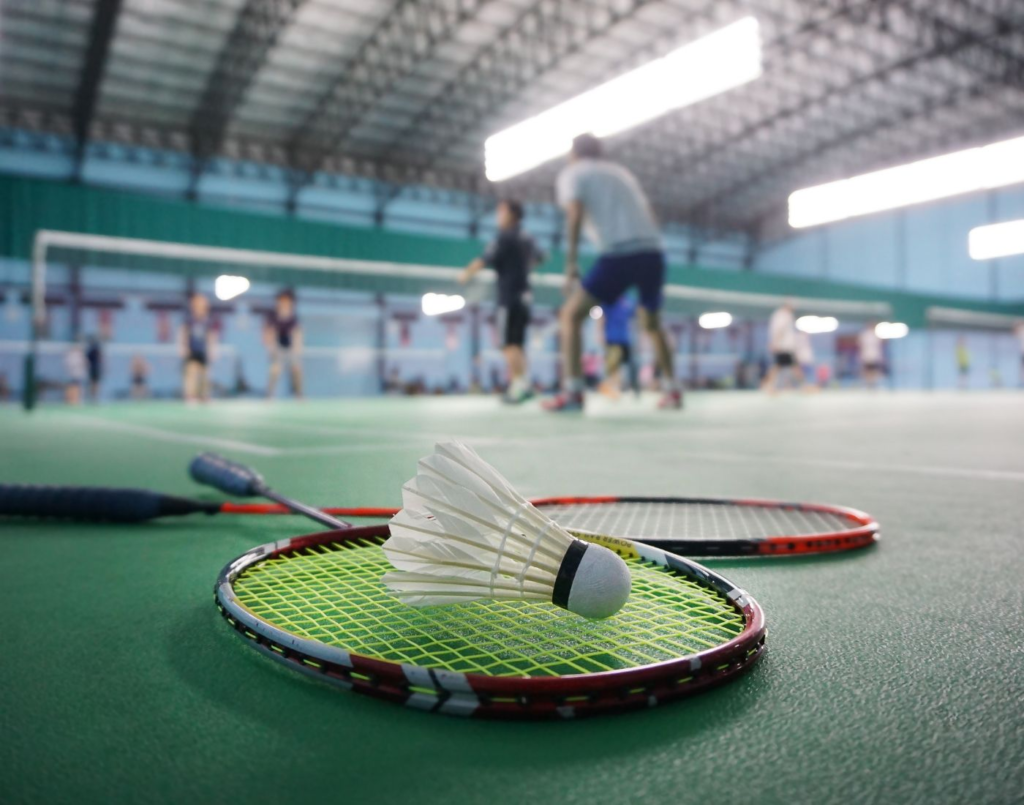
Badminton is a popular sport that requires fast movements, quick reflexes, and precise shots. One of the most important pieces of equipment for any badminton player is their racket. The weight of a badminton racket can greatly impact a player’s performance on the court. In this article, we will discuss the ideal badminton racket weight and how it can affect your game.
What is the ideal badminton racket weight?
The weight of a badminton racket is measured in grams and typically ranges from 80g to 100g. The ideal weight for a badminton racket depends on the player’s skill level, playing style, and physical strength. A heavier racket provides more power and stability, while a lighter racket offers more speed and maneuverability.
3 Factors to consider when choosing the weight of your badminton racket
1. Skill level: Beginners and intermediate players may benefit from using a lighter racket as it is easier to control and maneuver. Advanced players, on the other hand, may prefer a heavier racket for more power and control.
2. Playing style: Different playing styles require different racket weights. Players who rely on power and aggression may prefer a heavier racket, while players who rely on speed and agility may opt for a lighter racket.
3. Physical strength: Players with more strength and stamina may be able to handle a heavier racket more easily. It is important to choose a racket weight that you can comfortably handle without sacrificing control or power.
Pros and cons of using a heavier badminton racket
Pros:
1. Power: Heavier rackets can generate more power and speed on shots, making it easier to hit smashes and clears.
2. Stability: The weight of a heavier racket can provide more stability and control, especially during fast-paced rallies.
3. Durability: Heavier rackets are often more durable and can withstand more wear and tear over time.
Cons:
1. Maneuverability: Heavier rackets can be more difficult to maneuver and may slow down your reaction time on the court.
2. Fatigue: Using a heavier racket can lead to faster fatigue during long matches or training sessions.
3. Accuracy: It may be more challenging to control the placement of your shots with a heavier racket, especially for players with less experience.
Pros and cons of using a lighter badminton racket
Pros:
1. Speed: Lighter rackets are easier to swing and can generate more speed and agility on the court.
2. Maneuverability: Lighter rackets are easier to maneuver and can improve your reaction time during rallies.
3. Control: It may be easier to control the placement of your shots with a lighter racket, especially for players with a more defensive playing style.
Cons:
1. Power: Lighter rackets may lack the power and stability needed for aggressive shots like smashes and clears.
2. Stability: Lighter rackets may be less stable and provide less control during fast-paced rallies.
3. Durability: Lighter rackets may be less durable and more prone to breaking or damage.
Conclusion
In conclusion, the ideal weight for a standard badminton racket depends on a variety of factors including skill level, playing style, and physical strength. It is important to choose a racket weight that suits your individual needs and preferences to improve your performance on the court. Experimenting with different racket weights and seeking advice from experienced players or coaches can help you find the perfect balance between power, control, and maneuverability to enhance your badminton game.
Can’t get enough of sports? Check out Sport Circle’s Youtube Channel here. Want more bite-sized content? Follow us on Instagram and Twitter!
